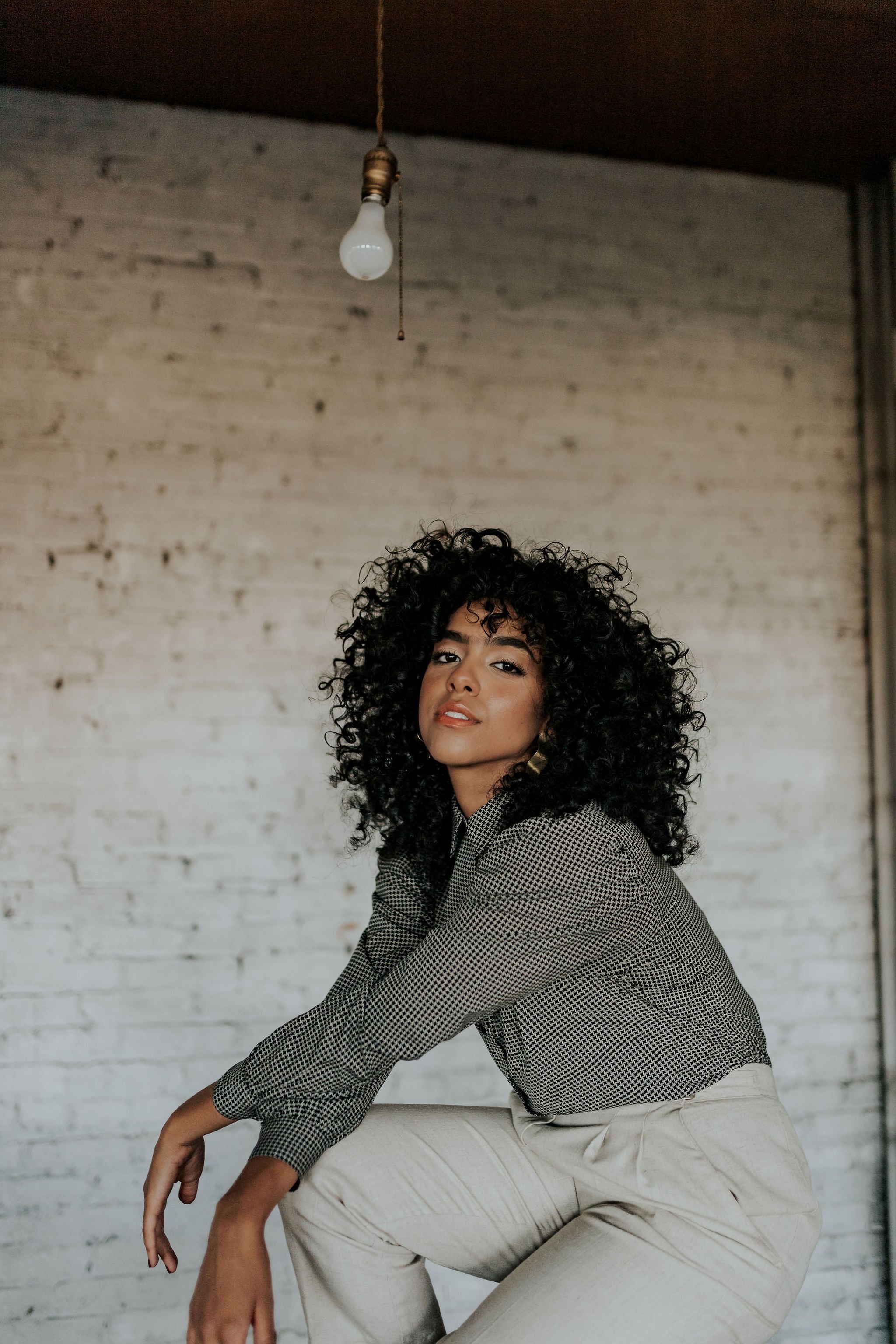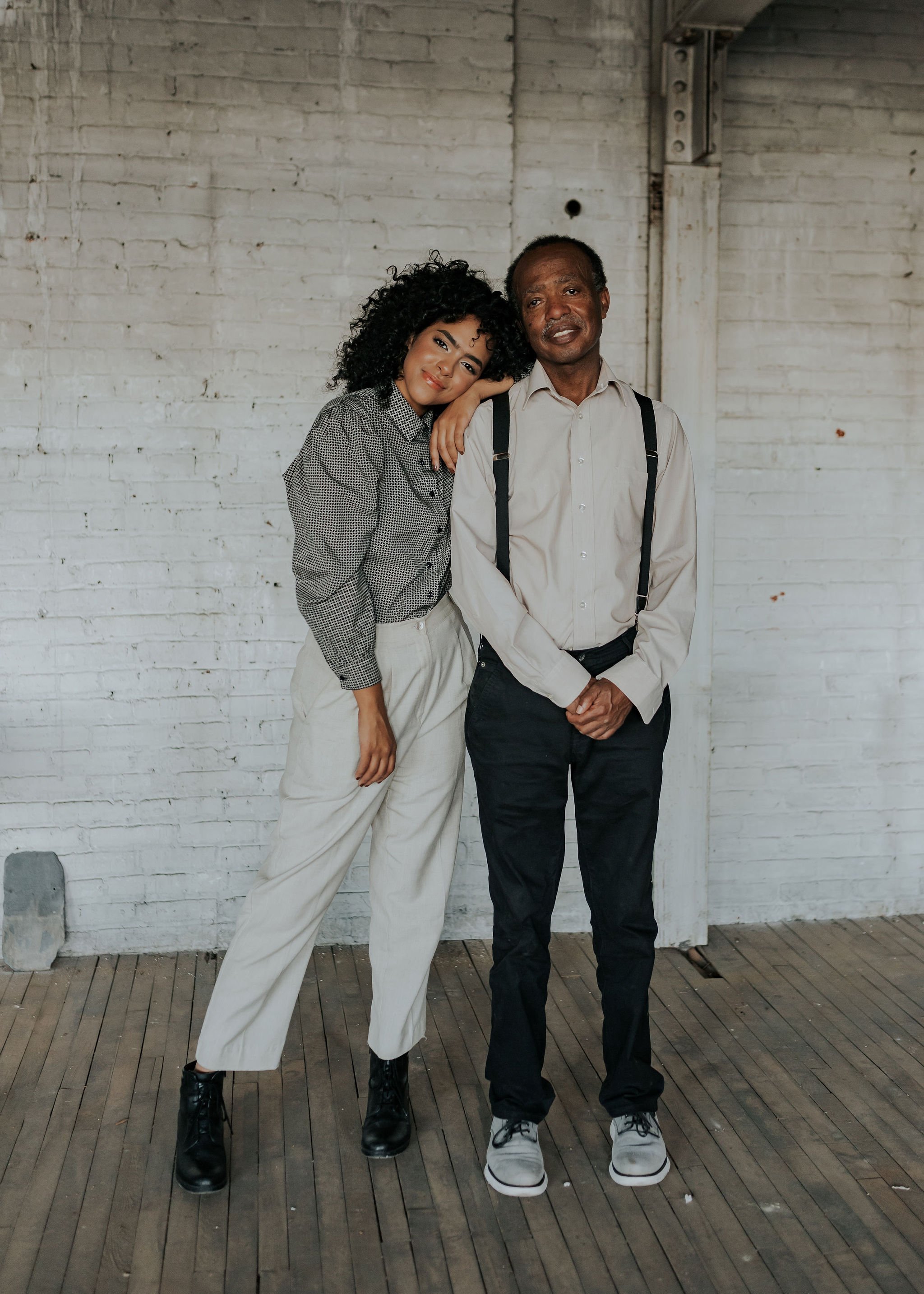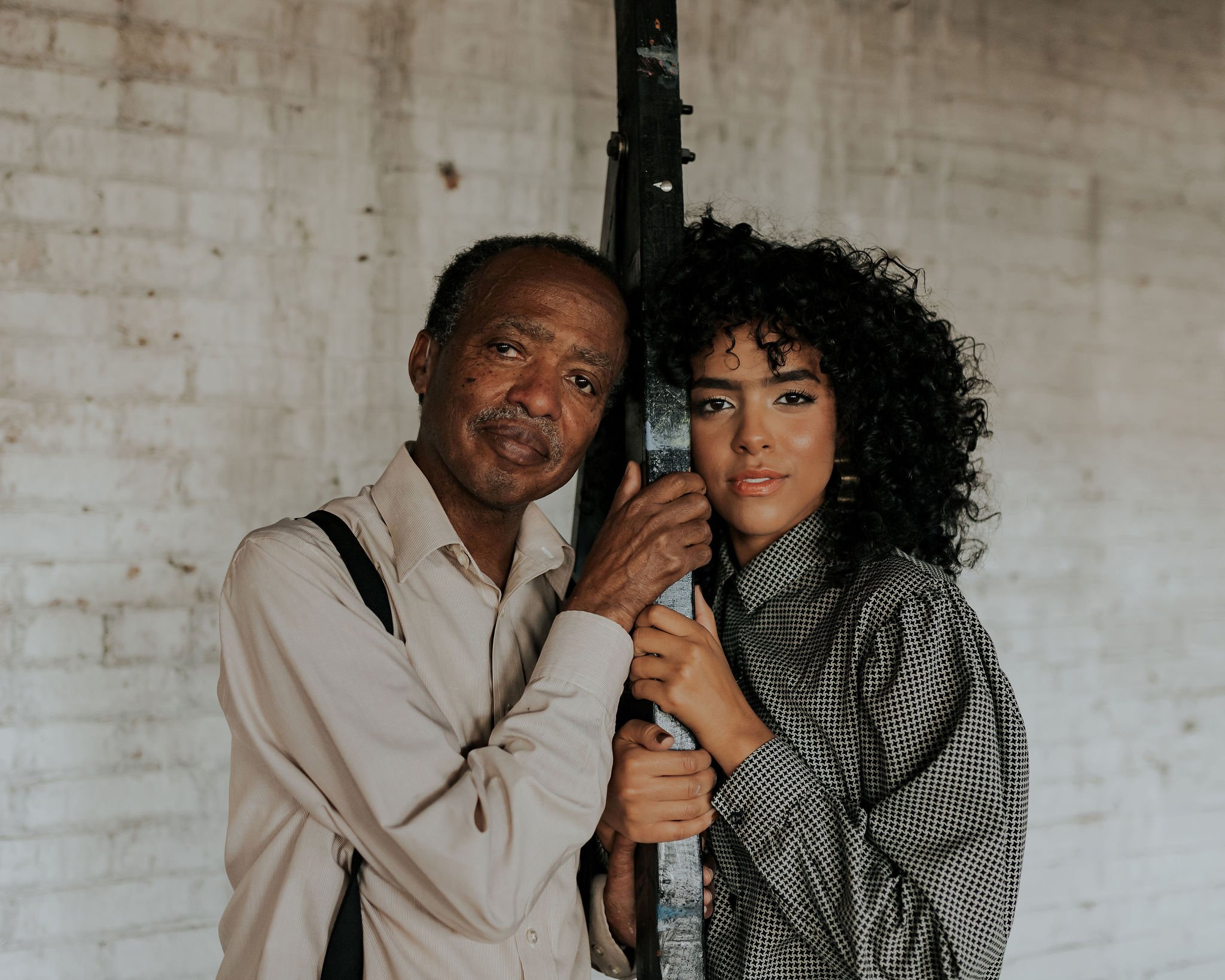An honest perspective on Colorism— and other bi-racial things.
I introduced the first film in a series at The Appell Center for the Performing Arts for Black History Month this past week…
In the end, I was surprised at how genuine the words read back to me after spewing fragmented thoughts in my notes app. I guess that happens when you start ideation at 1 p.m. and the speech will be spoken at 3 p.m.
Rarely am I met with balance, thus, rarely do I discuss race. More often than not my experience is invalidated by one side or the other. I must pick a side, even though I am genetically equal parts.
Whether conscious or subconsciously, this often provokes me to “use the system," and leverage my race based on what is most beneficial in particular circumstances.
*Don’t be mad—the title says “HONEST PERSPECTIVE,” okay? We’re going to be disgustingly honest.
P.s. I’m not alone in this.
Something our culture increasingly looks away from is people’s pain when it is too nuanced or misaligned from an overarching “politically correct” campaign. If your situation doesn’t move me enough, or serve my cause enough, I will seek out another individual who better fits the bill.
It’s so important for us to learn to let our guard down for a minute and consider why someone is saying something controversial without canceling them.
“WHY on earth would they think that?!” is a great question if you actually lean in and listen.
Listen as hard as you can for the layers of human complexity, not just an argument, systemic pattern, political agenda, or social construct. Do you have the capacity to hear a person?
So here’s my little diddy. I hope you have the time to read it slowly and unravel more than just a surface layer. I hope you see me, and maybe, yourself. And thank you to the Appell Center for being a place that makes room for conversations that should be happening more. You have my utmost respect.
I was surprised but honored by the invitation to introduce a film for this series.
Honored because a platform in the arts is a privilege and should be recognized as such.
We need the experience of sharing, and discussing the ideas motivating art to keep culture alive and ever-progressing. Without intentionally doing so, our societies crumble, and humanity loses its way. What a gift to contribute to that valiant effort.
I was surprised because I often forget to identify myself with my own culture.
My Father is from Ethiopia. He lived there for 35 years before becoming an American, and 20 years later returned to the homeland he couldn’t abandon any longer. I am proud of the heritage I have, but I was also raised to BE AMERICAN as many children of immigrants are.
You identify with this culture, speak this language, don’t fixate on the color of your skin, demand the same privileges from this country, and remember that family defines you more than where your family came from.
Sometimes this offends people or makes them uncomfortable.
They want you to pick an identity and fight for it.
I have faced a lot of pushback from the black community for not identifying as “more black."
But the irony is that when you are mixed, you never belong to either side.
To white people, you are black; to black people, you are “too white” or “light skin." In fact for me personally, Colorism has been more painful than racism and because of that, I grew more and more detached from black messaging.
Figuring out where I belong culturally is complex enough that it’s easier to ignore both sides and try to create my own sense of equilibrium.
I see myself as I am internally… knowing that most people will not have the capacity to see that right away, or ever, and that is ok.
The right people will.
Needless to say, when asked to pick a movie for Black History Month, I hesitated.
Not knowing if I was really “worthy to do so," and if I was, did I even have a grip on what’s relevant to the black narrative?
I selected Hidden Figures for two major reasons: resonance and controversy.
I watched Hidden Figures once, but I always remembered these women.
They reminded me of my dad.
He was an over-qualified mathematician who never lived as good of a life here as he did in Africa.
Whether it was his accent, his cultural presentation, or another “outsider” indication, he never found the same opportunities and success in this country.
So he abandoned his dream here and went home.
He used to tell me when I was young, “Things will be very hard for you in this life because you are a woman. Be smart, be capable, and take initiative.” He knew I wouldn’t face the same challenges he did, but he knew I would have my own battles.
The characters in this film speak to both layers of that mantle passed down.
They are over-comers in spite of being outsiders.
And in my own life I have learned another layer to winning that my dad never had the chance to experience—no one makes it alone.
Good people find good people, regardless of race or age.
And when they unite, there is no equal force that can stand in their way.
There are a few commentaries on this movie, criticizing it for having a white savior or “white gaze” perspective.
What they say writers should have done was allow a minority character to take initiative while a white character provided support, so that the struggle was not used to further glorify white people in power and further remove agency from the minority.
Essentially, the minority shouldn’t be waiting to be saved; they should be saving themselves.
Of course, there are multiple sides to every story: “Would the minority even know how to do that?
Could they even do that? etc. etc.”
These questions are welcome to sit with you while watching this film.
I am not here to draw clear lines, but rather to blur what you think you know.
I respect controversy.
I think it’s important; without it, we will never think outside of our own perspective, which seems so obvious but is astoundingly unique to us.
As you watch this film, I encourage you to dance back and forth along the spectrum of race and imagine, if that is something new for you, what it’s like to be forced to the middle.
To see the “savior” on both sides, to grapple with things that are immovable and realize they are not. Perhaps even reaching the point where empathy is allowed to clear your vision and gift you with insight into what’s more real, what you are actually capable of, and how an alternative future may be paved for the ones behind us.
Thank you so much for listening to my story. I hope you are struck with something new today.
Photos by Alanna Morgan Photography






